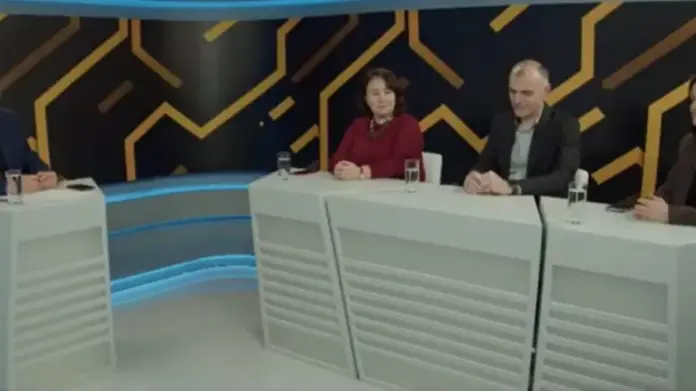One in four Moldovans trusts the country’s nongovernmental organizations, according to data discussed on the TV show “Consens National” on Rlive. Guests explained the low level of public confidence by noting that civil society organizations have limited visibility and tend to focus more on implementing projects than on promoting their results.
Serghei Neicovcen, executive director of the CONTACT Center, said NGOs need greater recognition, as they often intervene where state institutions lack the capacity or resources, and where the private sector has no interest in getting involved.
“In countries like the Republic of Moldova, which are in continuous development, civil society organizations step in where the state cannot act. Behind our work stand many people who contribute, and these people should be known,” Neicovcen noted.
Liliana Rotaru, president of Child Community Family Moldova, emphasized that society should be aware of NGOs’ work because they operate in the public interest and support community wellbeing.
“Every nongovernmental organization has a social mission—to do something good for society. People should know that NGOs invest their time, expertise, and finances in ideas that benefit others,” Rotaru said.
“We are best known by our beneficiaries, by the authorities we partner with, and by the donors who help us implement our projects,” she added.
Elena Cupceanu, executive director of the “Aud si Vorbesc” Association, highlighted that most people learn about NGOs through their beneficiaries or from others dealing with similar challenges.
“Most beneficiaries find us through our stories and the activities we share, often on social media. When people face a problem, they search for solutions—and that’s when they come across us,” Cupceanu explained.
To improve public understanding of civil society’s role, Moldova has launched the campaign “People Who Lend a Hand”, which aims to spotlight NGOs and the individuals who contribute to their work.
More than 10,000 NGOs are officially registered in the Republic of Moldova, but for various reasons, over half are currently inactive.


